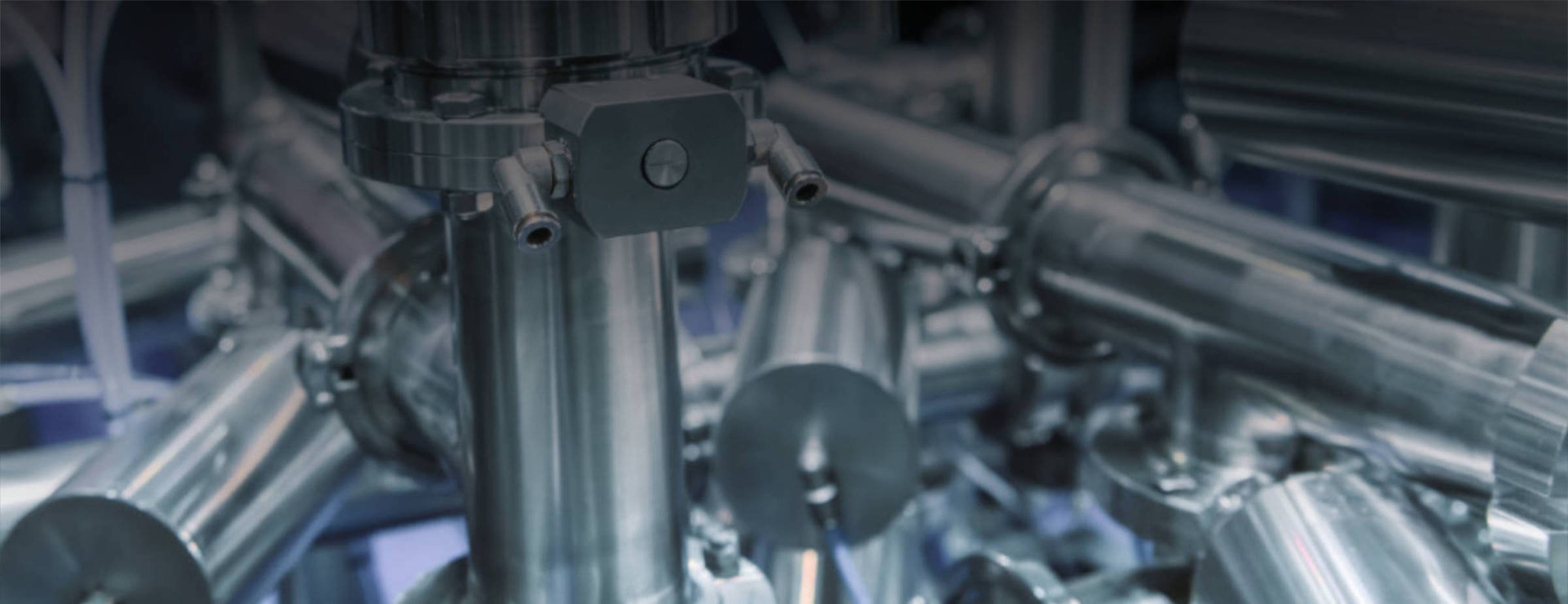
Prevent Hazardous animal diseases with Mobile ISS Agri Rendering Solution
01-08-2018
Prevent Hazardous animal diseases with Mobile ISS Agri Rendering Solution
Animal health and disease prevention are one of the main concerns for agricultural industries working with livestock. Although governments and international organizations set standards to hinder the pathogens causing a threat to animal welfare, sometimes the regulations for disease prevention are not enough. The recent incident in New Zealand, a country heavily relying on its farming industry, is a great example of large and wasteful disease prevention. The government has decided to kill 150,000 cows to eradicate the hazardous bacteria from the national herd and save the economy. There are 24,000 cows already slaughtered. Some of them are transported and slaughtered in processing plants for meat, while some will be killed and buried in animal waste incinerator. For New Zealand, dairy is the main export good, and the eradication program is estimated to cost 886 million New Zealand dollars (€513 million.) Although rendering animals is a common practice to further convert the animal by-product into useful materials and profit, the livestock rendering is currently not carried out.
Animal waste disposal problems when fighting diseases
However, a new solution can address the common problems with animal carcass disposal. It tackles the concerns of a safe waste storage, the livestock transportation to a location with a disposal unit, as well as the odour and environmental threat posed by animal by-product disposal. The storage problem concerns the shortage and sterile environment of facilities. The infectious animal carcass transportation problem, on the other hand, is essentially a concern of a potential bacterial, viral, prion and parasitic pathogen leak while transporting the affected animal waste. The current practice of animal carcass disposal also possesses a threat to the environment, as the waste liquids and gases are usually not separated resulting in high energy consumption.
New mobile solution to treat animal by-products or carcasses
Treating animal carcasses with the new Celitron recycling solution instead of burying them could slash the total expense of the eradication program. It would also safely sterilize and shred the waste treating it locally and immediately, instead of the mobile animal waste incinerator.
In case of infectious diseases, incinerating the animals is a common practice, but this technology not an eco-friendly solution. The green and innovative Celitron solution has a number of benefits. When dealing with infectious disease (as the swine fever, bird flu, Avian influenza, Newcastle disease, Bovine Tuberculosis, porcine virus) prevention in livestock, it is important to do it locally and immediately, and also energy-efficiently.
Animal carcass disposal effectively
The new mobile solution allows recycling the feather waste, meat and bones of animals in one complete and automatized cycle. First, the waste is shredded and sterilized in full medical sterilization cycle in the ISS (Integrated Sterilizer and Shredder) in low temperature, saving the ABP protein while neutralizing bacteria and viruses that can cause poultry disease, cow disease, pig disease, swine disease or cattle disease as well. Afterward, separated into solids, oil, and water. Finally, solids are dried, but oil and water are cleaned in the separator. The final products are high-quality dry nutrition with 74 percent of protein used for fish meal or pet food. The collagen extracted from water. The system is completely closed, not letting any odours out. It is fully automatized, and the innovative solution separating solids and liquids (oil and water) in the earlier stage allows for lower energy consumption in the drying process. Instead of cooking the solid meat, bone, blood and feather meal, the system dries it, slashing the energy consumption by 80 percent.
How mobile ISS AGRI Animal Waste Solution benefits farms fighting animal diseases
To completely sterilize the farm, it is important to treat the animal disease immediately after finding the bacteria or virus. To ensure no further hazards, the transportation of the affected herd should be limited as well. Celitron innovative mobile ISS solution (instead of the mobile animal carcass incinerator) allows treating the waste on the spot. With 400+ deployed hazardous waste solution, our company allows to tackle animal diseases effectively and adapts to the needs of the local farms, capable of treating from 10 to 100 tons a day. Moreover, the patented medical sterilization and shredding system is up to the standard to prevent contamination of disease-causing pathogens. Regarding the financial side of the mobile animal waste processing system, the return of investment is much faster than when employing the traditional rendering system. It is due to the higher quality meals produced, and the separation of fats and collagen, which can then be traded for profit. The small environmental footprint is an added benefit as well.
All in all, the new mobile ISS solution is bringing change in the farming industry. With the new technology, the animal waste rendering is an effective way to sterilize the farms and process the animal by-products to get a faster return on investment. It is especially useful for disease affected farms, as the system is mobile and can treat the waste immediately. The closed system carries out all the necessary processes (full medical sterilizing, shredding, separation and drying) and is fully automatized, therefore cutting the risks of previous methods. The innovative separation in decanter allows treating solids and liquids separately and more efficiently, bringing faster ROI and higher quality end products. The environmentally friendly system is, therefore, the perfect solution for local sterilization programs. With Celitron waste solution, effective and cost-efficient disease prevention is our future.